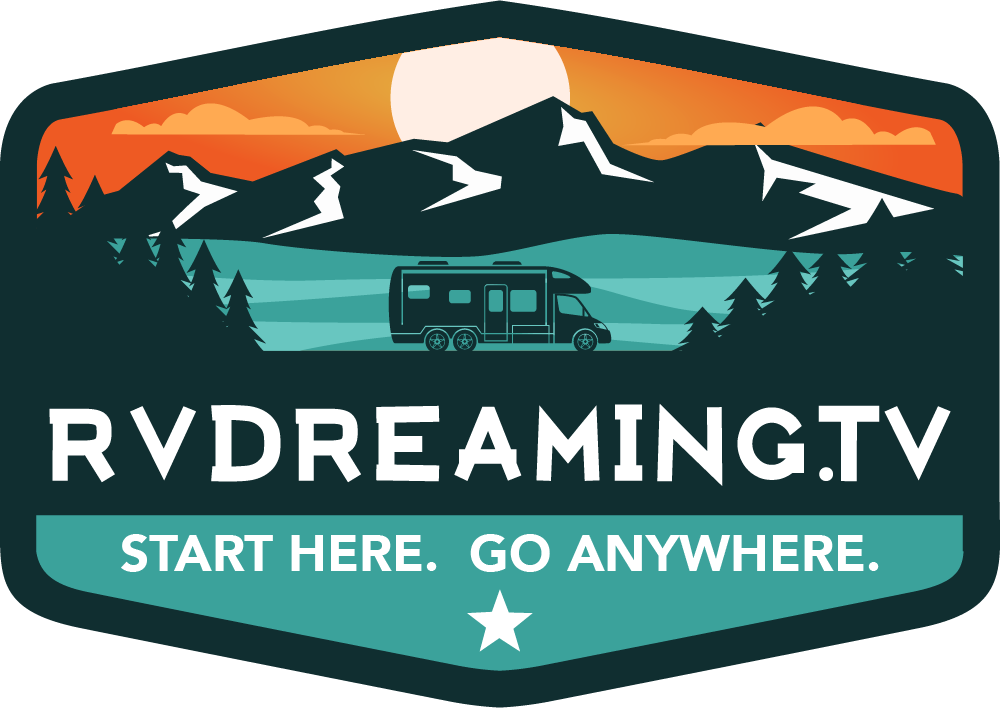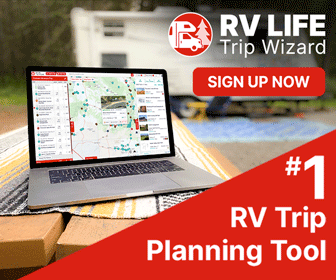
Living in an RV can be an exciting and adventurous way to travel, but one of the challenges that many people face is finding places to park and camp while on the road.
Whether you’re a full-time RVer or just taking a long trip, you’ll need to plan ahead and do some research to ensure that you have a safe and comfortable place to park your RV. Here are some tips for finding places to park and camp while living in an RV:
Research campgrounds and RV parks
One of the best ways to find places to park and camp is to search for campgrounds and RV parks in the area you’ll be traveling.
These facilities are specifically designed for RVs and often have amenities such as electricity, water, and sewage hookups, as well as showers, restrooms, and other facilities.
You can search online for campgrounds and RV parks in your destination, or use a camping app to find places to stay. Some popular camping apps include Campendium, The Dyrt, and Allstays.
These apps allow you to search for campgrounds and RV parks by location, price, and amenity type. You can also read reviews from other RVers to get a better idea of what to expect.
Consider boondocking to camp
Boondocking, or dry camping, refers to camping in a self-contained RV without access to electricity, water, or sewage hookups.
READ MORE ABOUT BOONDOCKING IN OUR INTRODUCTION098 TO BOONDOCKING ARTICLE BY CLICKING HERE
Many RVers enjoy boondocking because it allows them to get off the beaten path and experience a more rustic, back-to-nature type of camping.
While boondocking can be a bit more challenging than staying at a campground or RV park, it can also be more rewarding and affordable.
To find boondocking spots, you can search online for BLM (Bureau of Land Management) land, national forests, or other public lands that allow camping.
You can also ask other RVers for recommendations or join online forums or Facebook groups for RVers.
These groups and forums can be a great resource for finding boondocking spots and getting tips from experienced RVers.
Utilize rest areas and truck stops for parking
If you’re traveling on the highway and can’t find a campground or RV park, you can try stopping at a rest area or truck stop to spend the night.
Many rest areas and truck stops allow overnight parking, and some even have amenities such as showers and laundry facilities.
PRO TIP ON TRUCK STOPS:
- RVers should not park overnight in truck stops in stalls designated for truckers. These stalls are intended for commercial truck drivers to use for rest breaks, and parking in them can cause issues for the truckers who need to use them. Additionally, many truck stops have rules and regulations that prohibit overnight parking in these stalls for non-commercial vehicles.
- RVers should also be mindful of the fact that truckers often work long hours and need a safe and quiet place to rest. Parking in a trucker’s stall can create noise and disturbance that can make it difficult for the trucker to get the rest they need.
- If you’re an RVer looking for a place to park overnight at a truck stop, it’s important to be respectful and considerate of the needs of the truckers. Instead of parking in a trucker’s stall, you can try parking in a designated RV parking area or in a public area of the truck stop. Many truck stops have designated RV parking areas that are specifically reserved for RVs and other non-commercial vehicles. These areas are usually located away from the main truck parking area and are generally more quiet and more peaceful.
Keep in mind that these areas can be noisy and busy, so you may want to bring earplugs and a white noise machine to help you sleep.
It’s also a good idea to check the rules and regulations for each rest area or truck stop, as some may have time limits or other restrictions for overnight parking.
Stay with friends or family
If you have friends or family along your route, you can ask if you can park your RV at their house for a night or two.
This can be a great option if you want to save money on camping fees or if you just want to catch up with loved ones. Just be sure to get permission and follow any rules or guidelines that your friends or family have in place.
Use a membership program to camp long term
There are several membership programs that offer discounts on camping fees at campgrounds and RV parks.
Some popular options include Thousand Trails, Passport America, Escapees, and Good Sam.
These memberships can be a good investment if you plan to do a lot of RVing, as they can save you money on camping fees over time.
To get the most out of your membership, be sure to check which campgrounds and RV parks are part of the program and plan your trips accordingly.
Conclusion
By following these tips, you should be able to find some great places to park and camp while living in your RV. Just remember to follow the rules and regulations of the campsite or boondocking area, and be considerate of your neighbors.
Happy travels!

















Trackbacks/Pingbacks